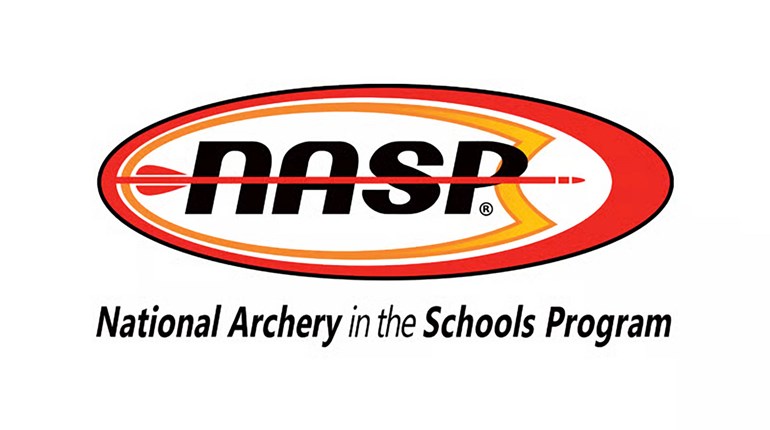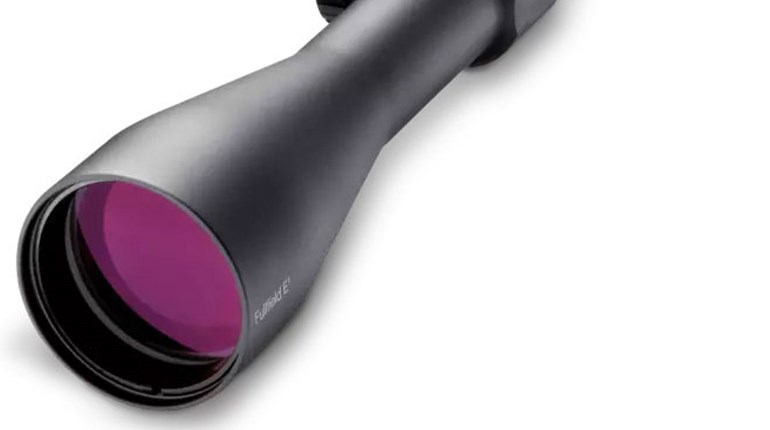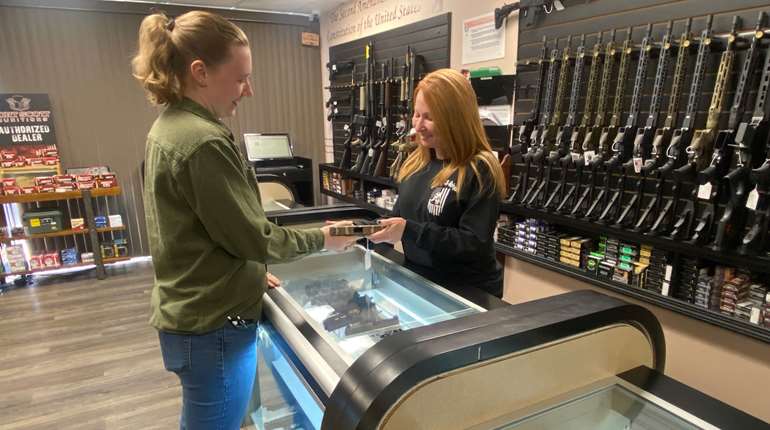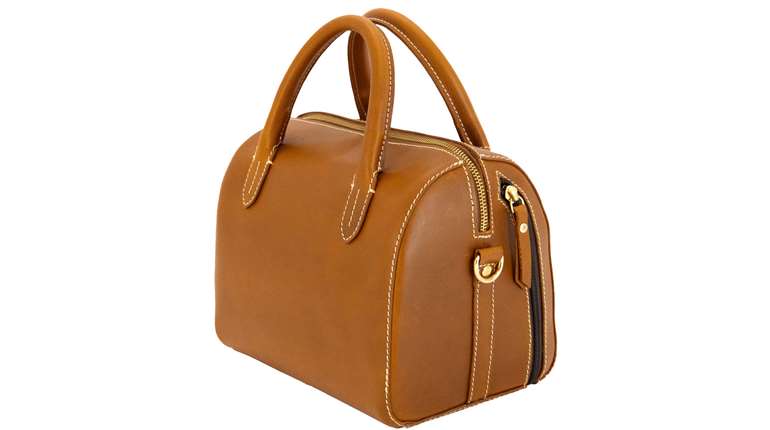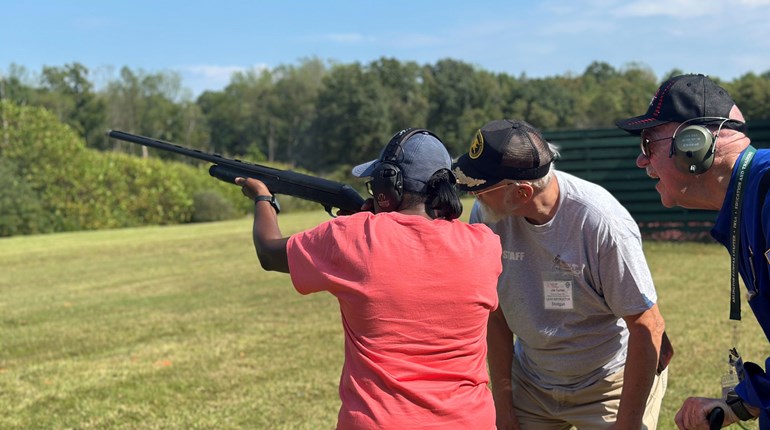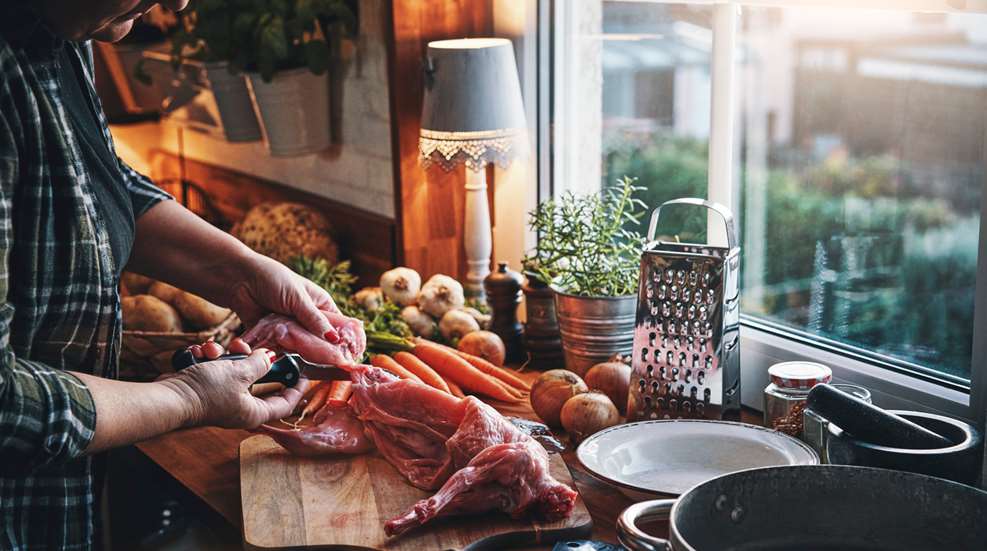
You probably know someone who doesn’t like the taste of wild game. While I’d argue it’s likely they just haven’t had it prepared or cooked properly yet, everyone is entitled to their own taste. On top of that, with the rise of the Alpha-Gal red meat allergy transmitted to humans through tick bites, some hunters are finding themselves unable to eat their big game without a physical and sometimes life-threatening reaction.
Whatever the reason, if you’re not going to eat the meat from the game you hunt, should you even keep hunting at all?
This might sound like an ethical dilemma, but it’s actually a pretty simple and straightforward legal one: Most states have wanton waste laws that require hunters to salvage the edible meat from the animals they hunt. Each state is slightly different and allows some exceptions—bear meat, offal, shanks, duck and turkey legs, small bits of rib or neck meat, etc. Look up the laws in your state, but the bottom line is, if you shoot an animal that’s generally considered edible, you are legally required not to waste the meat.
It is illegal to sell game meat in the U.S., commercially or privately, so if you’re going to continue to hunt and you won’t be eating the meat, you have one option: Donation. Go ahead and have a plan for this before your hunt so you’re not scrambling for someone to take a carcass or a pile of frozen meat you don’t have space for in your freezer. Ask around to friends and family and see if anyone would like some meat for the freezer, and if you get any takers, ask if they want the whole carcass to butcher themselves or if they’d like it taken to a processor at their expense. If you’re super generous or just really like butchering, you can process it yourself and share with them.

If no one takes you up on your donation offer, look up a donation program in your state. Programs like Hunters for the Hungry, Farmers and Hunters Feeding the Hungry and Hunters Helping the Hungry have spread through much of the country, and most states have some sort of donation program that allows you to drop a deer off at a processor for donation to families in need. In some cases, the hunter will pay a processing charge, but most of the time, the state pays the fees and the hunter has no charges for donating a deer.
Some of these programs are strictly for deer, while others will take any kind of wild game or sometimes fish. Ask your local processor for advice if you’re looking to donate turkey, ducks, geese, or other types of edible wild game.

Farmers and Hunters Feeding the Hungry, which is just one of the several programs of this type, says it has fed hungry families 22.5 million servings of meat since 1997. This is, incidentally, great PR for hunting among non-participants who are bombarded daily with nonsense from animal rights groups who would like to shut hunting down.
If you are not going to eat your game meat, there’s absolutely no problem with continuing to hunt, as long as you’re responsible enough to make sure the meat is put to good use through donation.
(images courtesy Hungers for the Hungry and Farmers and Hunters Feeding the Hungry)












